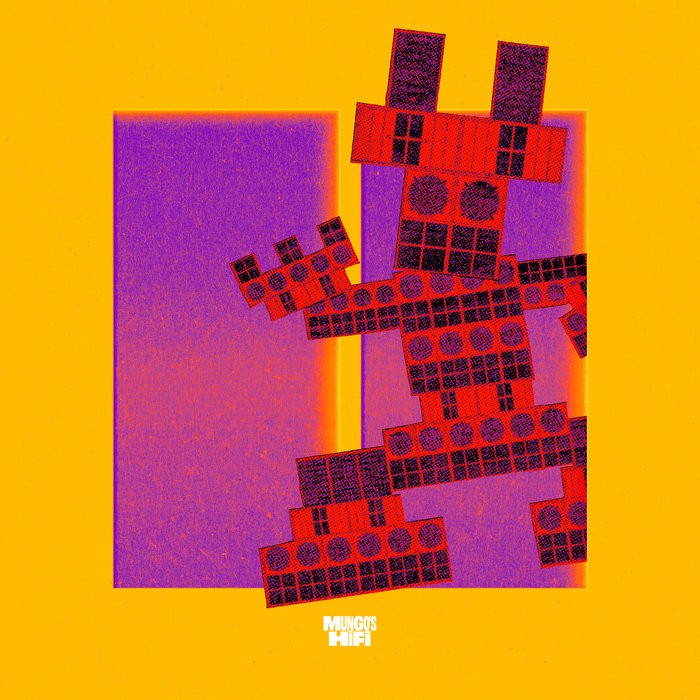
Uptown Top Ranking with Eva Lazarus – Mungo's Hi Fi
this blog is GROOVY – check out great Soul, Funk, Jazz, Hip Hop, Bass, Breaks , Reggae, House n many more TUNES
Hey there, music lovers! 🌟 Today, we’re vibing through the colorful streets of Jamaica to explore a lively subgenre of reggae known as rub-a-dub. Grab your rasta hat and let’s bounce to this rhythmic tale!
Rub-a-dub is a dynamic sound that emerged in the late 1970s and early ’80s as dancehall music began to take shape. It’s got all the classic reggae elements you love—smooth basslines, infectious rhythms, and catchy melodies—but with that extra flair that makes you want to get up and dance! 💃🕺
The term “rub-a-dub” originally refers to a style of partying where people would gather for sound system events. Picture this: massive speakers blaring sweet tunes while folks groove in unison under the starry Jamaican sky. Those gatherings were like street fairs combined with nightclubs—a perfect blend of good vibes and community spirit!
This style started gaining traction just as disco was scaling back its dominance on global charts. With reggae hitting its peak at the same time, rub-a-dub swooped in like a superhero ready to save the day—at least when it came to dancing.
Now let’s spotlight some key musicians who made waves in the rub-a-dub scene—and share some quirky bits about them too!
Known as “the original DJ,” King Stitt was crucial in bringing spoken word over beats into rub-a-dub culture. He wore custom suits adorned with dazzling fabrics almost as bright as his personality!
Funny Fact: Legend has it he once lost his voice during an intense show but kept going by using exaggerated hand gestures. Talk about non-verbal communication skills!
Early B brought humor into his lyrics like nobody else could! His playful punchlines paired well with upbeat grooves meant you could be laughing while you’re dancing.
Quirky Tidbit: At one performance, he accidentally delivered all his verses backward after getting distracted by someone waving from the front row! Fans loved it so much they started calling him their “backward DJ.”
Super Cat is one of rub-a-dub’s most iconic figures—the big cat himself stepped onto stages wearing shades even at night! His unique flow blended hilarious anecdotes with sharp social commentary.
Fun Fact: Once during a live set, Super Cat was gifted a giant stuffed tiger on stage…and ever since then fans have been tossing plush toys at him whenever he performs!
In Jamaica’s musical landscape, sound systems are king (or queen!). These mobile setups are where lots of magic happens—think huge speakers blasting tunes alongside energetic DJs hyping up crowds like they’re running for office.
Sound systems often had fun names like “Stone Love,” which became legendary for attracting partygoers across Kingston and beyond.
A funny slice from history: One famous operator reportedly missed out on winning an important competition because he forgot what song he’d played last—talk about losing track when you’re busy busting moves!
So how does our beloved rub-a-dub fit into reggae history? As we moved deeper into the ’80s, dancehall began becoming more dominant than ever before—all thanks partly due to rub-a-dub artists paving new paths totally worthy of exploration themselves!
While both styles celebrate rhythm-driven beats filled full o’ character both embrace different lyrical themes; many dancehall tracks focus more heavily upon social issues or storytelling rather than lighthearted fun—which makes sense considering trends change faster than you can say “one love!”
As we roll into modern times—with hip-hop merging jazzy vibes along global mainstream influences—it’s easy forget how far our roots reach back amid constant innovation within genres today; but let’s not toss aside those foundational flavors originating way down south near tropical beaches either way—wherever there’s sunshine there will always be music playing loud enough for everybody join around campfires singing songs together forevermore…
And guess what? Nowadays you’d still find remnants happening everywhere—from clubs across Europe jamming out grooves rivaling old classics right next newer twists around town creating fresh takes nightly alike exciting adventures heard ‘round city corners worldwide!!
So keep your ears open friends…the next catchy tune might just have origins traceable straight back mojito-sippin’ days under palm trees swaying wildly surrounding island rhythms echo feelings deep inside hearts young old alike!!
There ya go—a brief dive into rub-a-dub’s vibrant history, peppered with funky facts along it’s journey making us wanna tap our feet more every single step taken toward understanding sounds coming forth generations-long come alive again turning heads spinning bodies joyfully amidst laughter!! Keep groovin’, my friends! ✌️

Uptown Top Ranking with Eva Lazarus – Mungo's Hi Fi
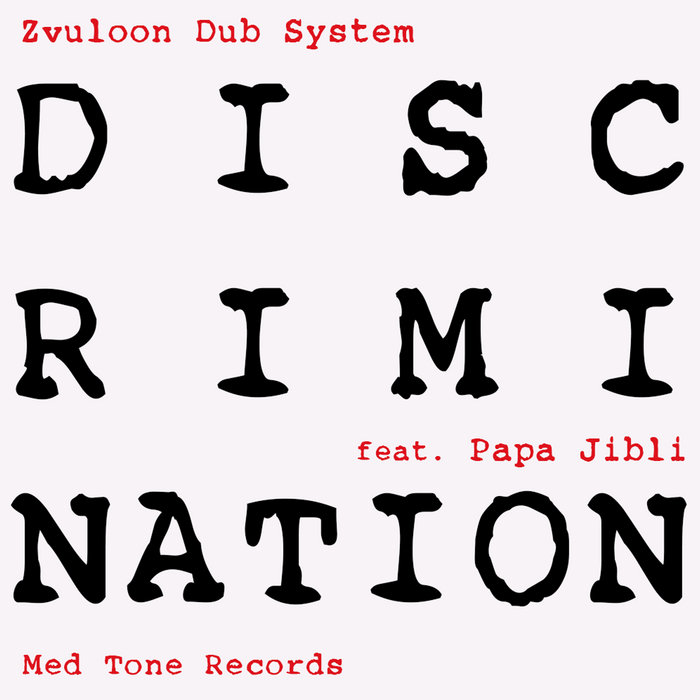
01. Zvuloon Dub System feat Papa Jibli – Discrimination – Zvuloon Dub System feat Papa Jibli
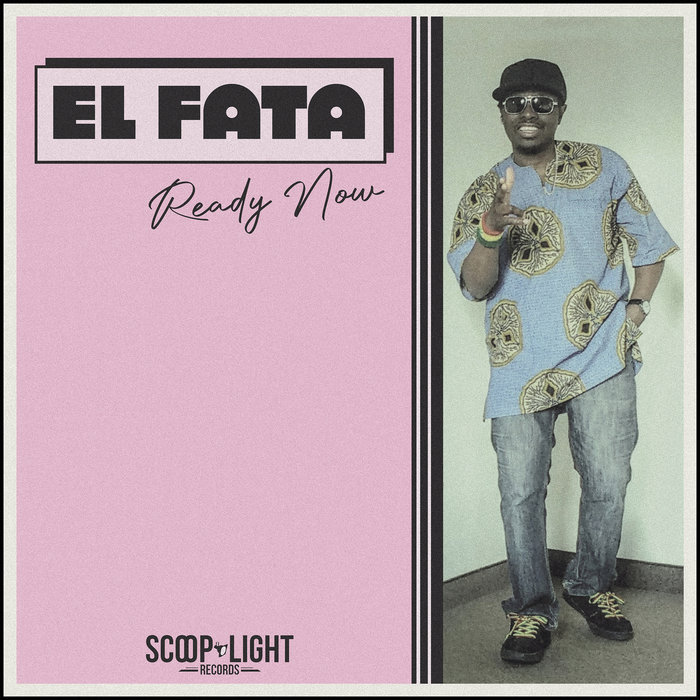
El Fata – Ready Now – El Fata
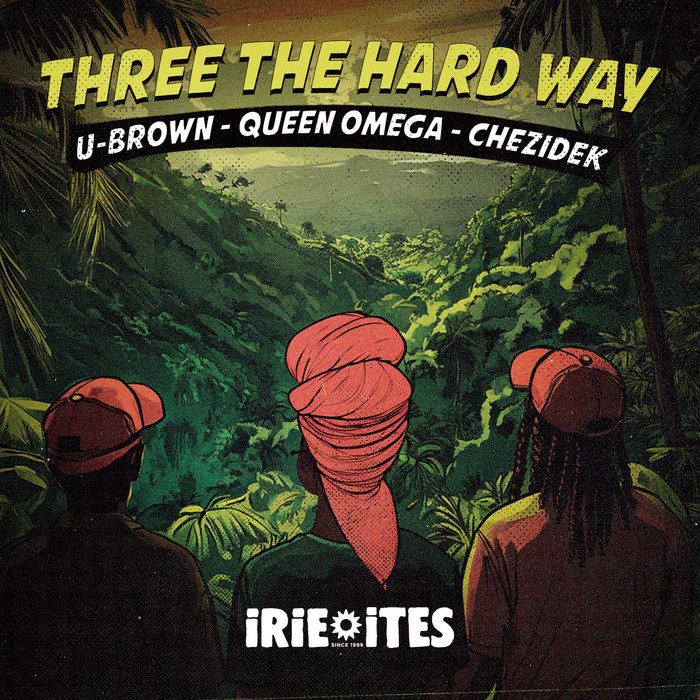
Three The Hard Way – Queen Omega, Chezidek, U Brown, Irie Ites
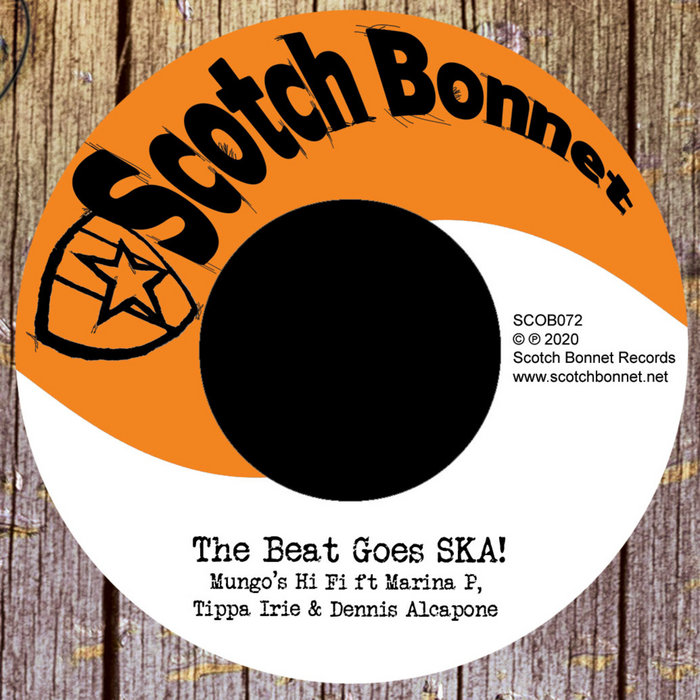
The Beat Goes SKA! – Mungo's Hi Fi ft Marina P, Tippa Irie & Dennis Alcapone
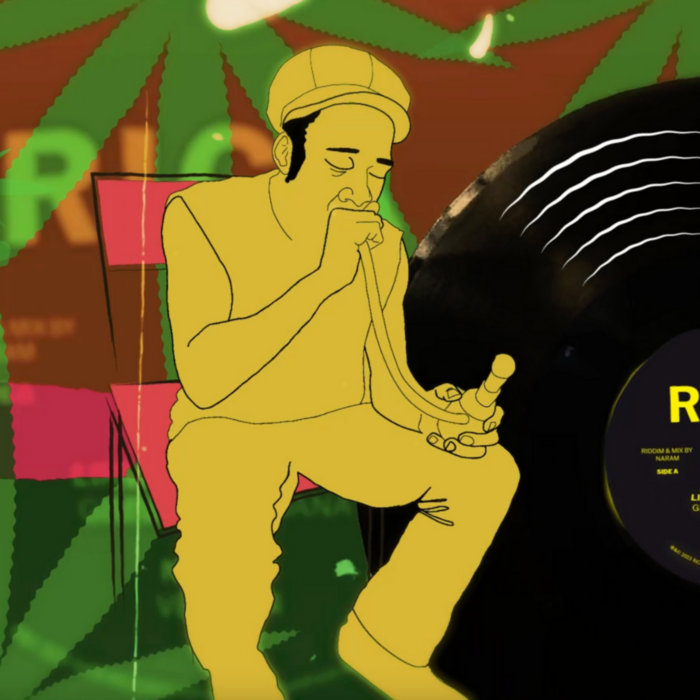
Linval Thompson (ft. Naram) – Gimme Marijuana – Linval Thompson
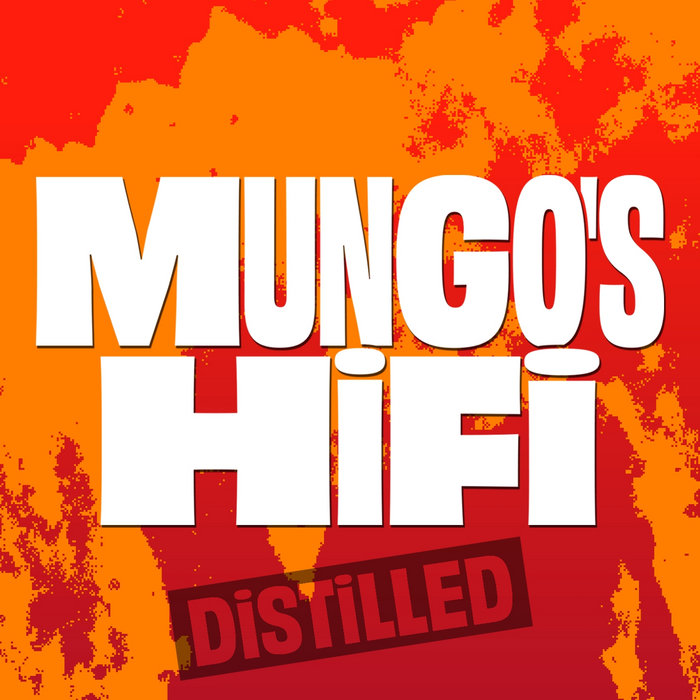
Did You Really Know (Mungo’s Hi Fi ft Soom T) – Mungo's Hi Fi
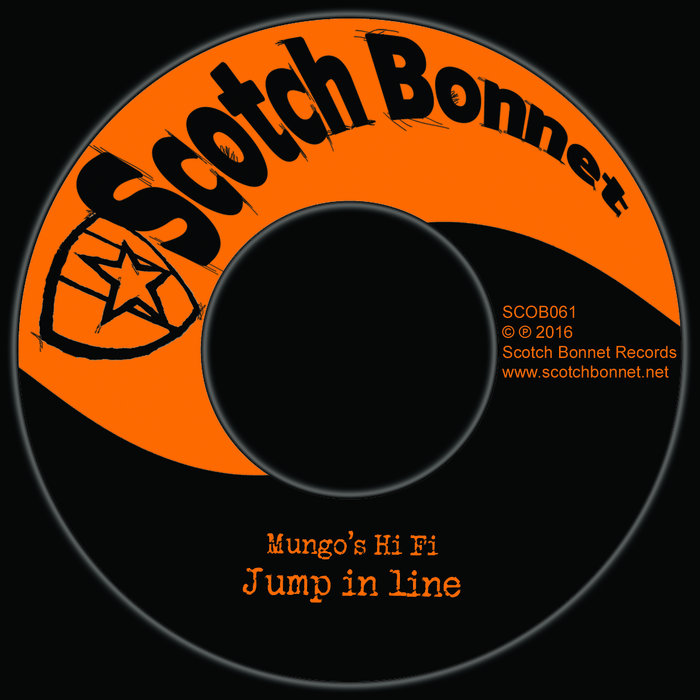
Send Di Water – Mungo’s Hi Fi
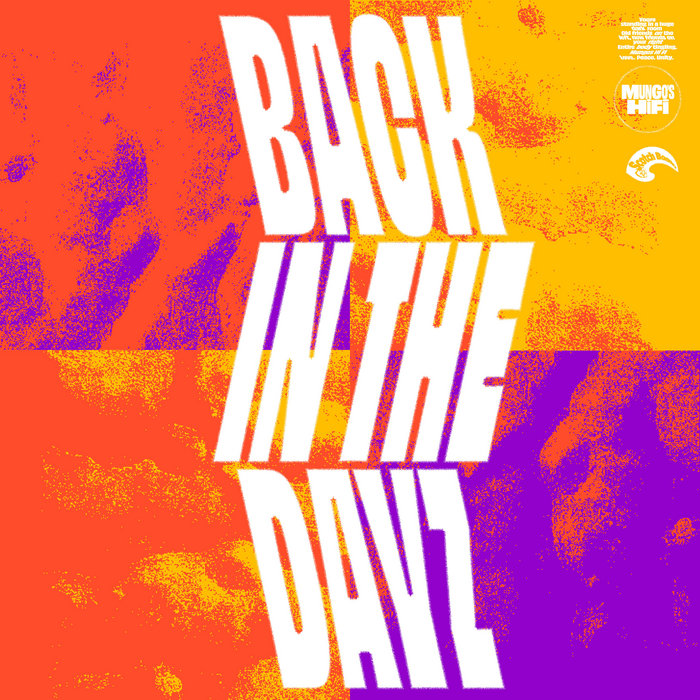
Back In The Dayz – Mungo's Hi Fi

Divorce A l'Italianne – Mungo's Hi Fi